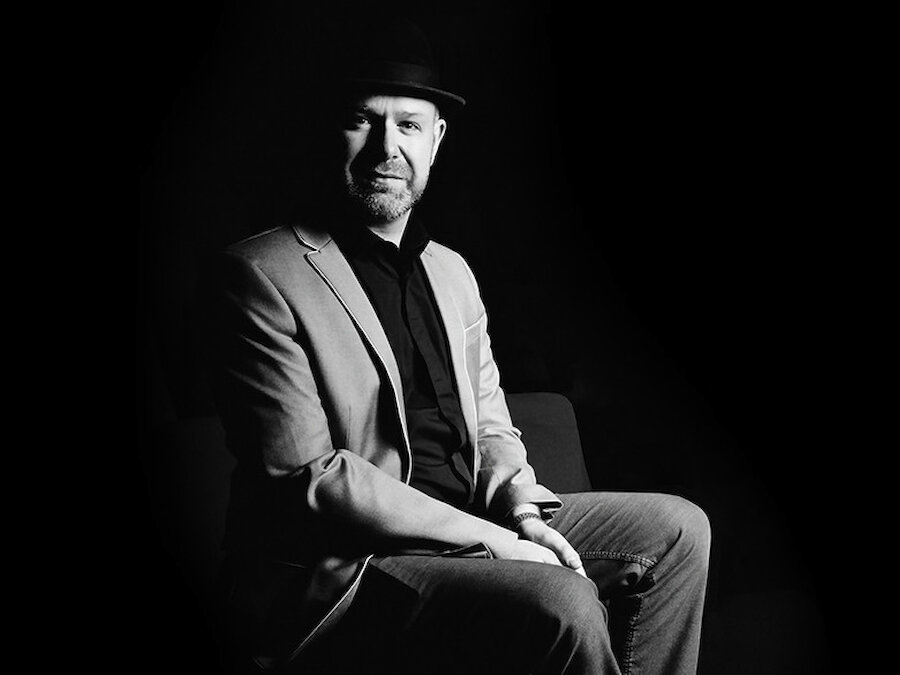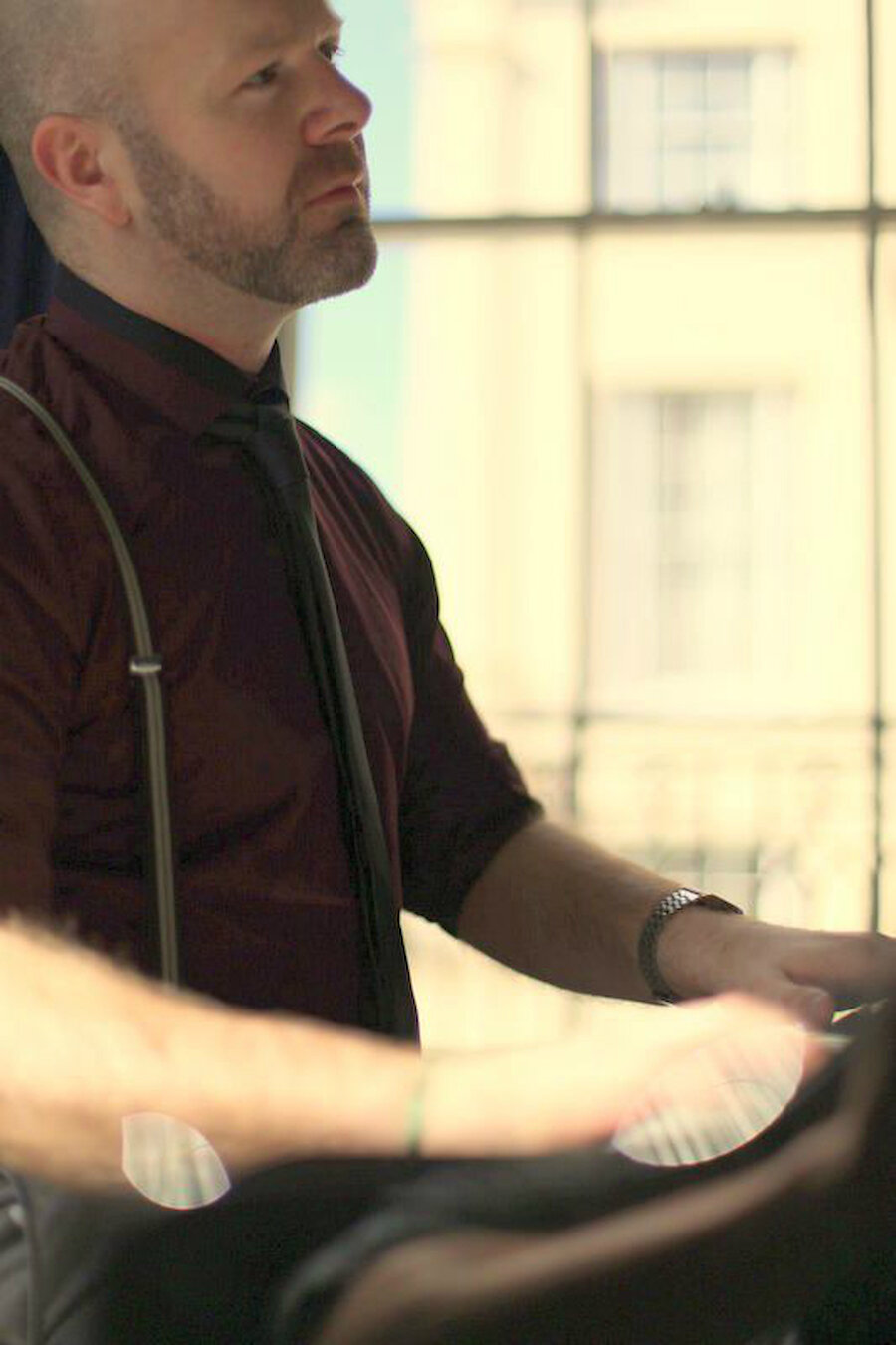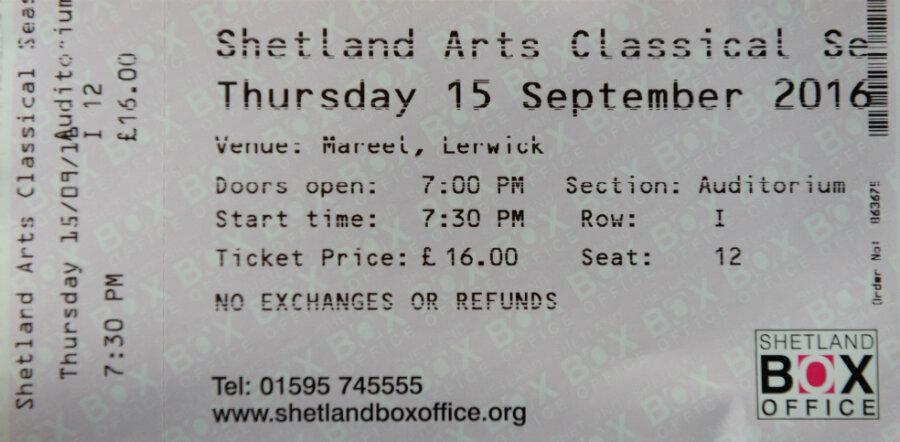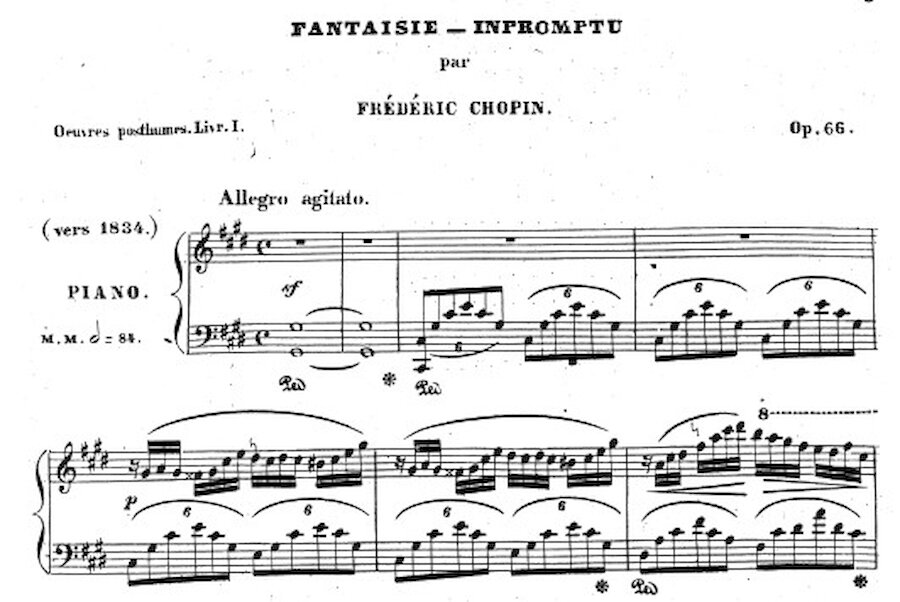Neil Georgeson has launched Shetland Arts season of classical concerts with an outstanding concert.
Neil, who grew up in the Shetland village of Aith, went on to study at the Royal Academy of Music in London and subsequently became a Fellow of the Academy. His thesis on the role of the performer in classical music became an exemplar for others. These days, he combines the roles of pianist, writer and composer with directing the Ossian Ensemble, a new-music group, and his interest in new and experimental music – always evident in previous Shetland appearances – has led him into collaborations with a number of other ensembles and orchestras. He has appeared at venues ranging from London’s Queen Elizabeth Hall and the Barbican to Glastonbury. He has worked with many contemporary composers, including the late Sir Peter Maxwell Davies, who spent much of his life in Orkney and Neil’s own work includes a composition that was commissioned for Shetland’s Johnsmas Foy.





